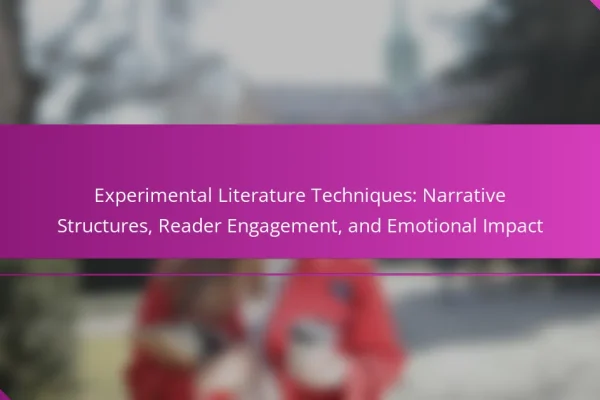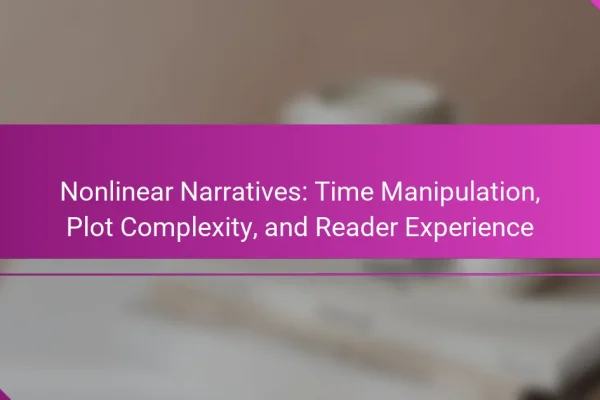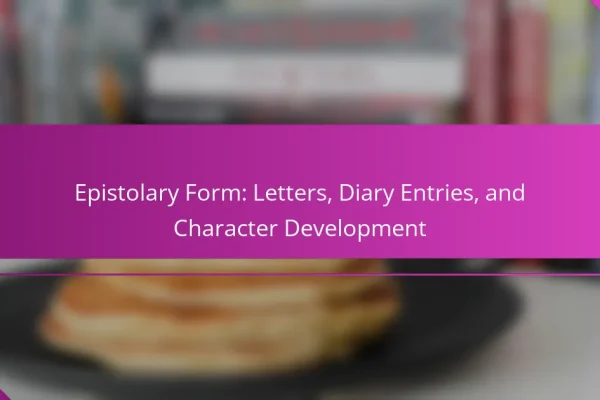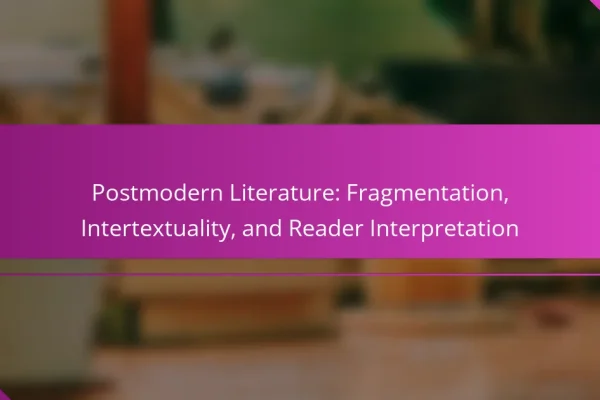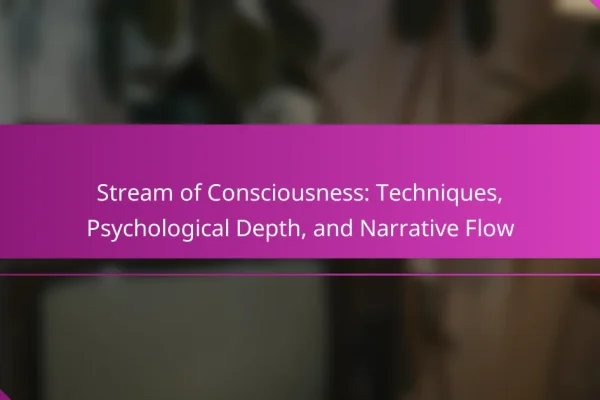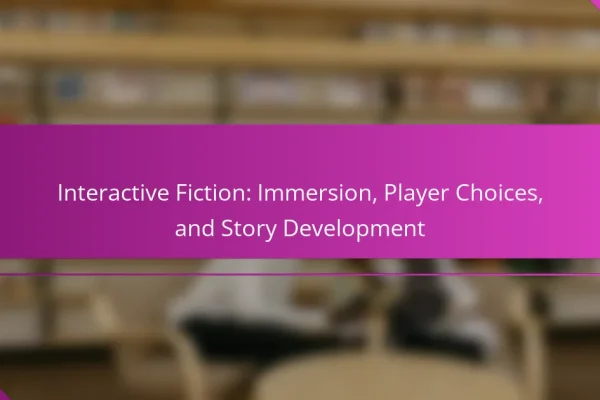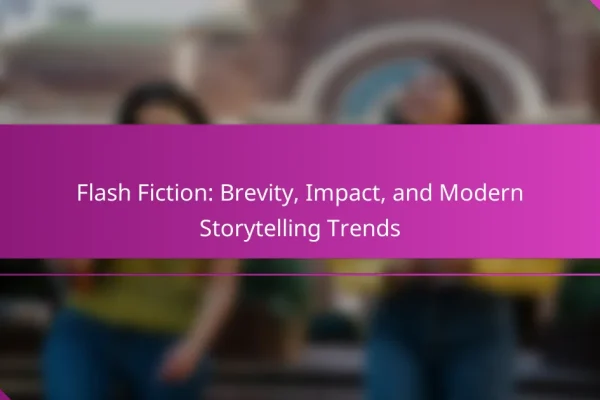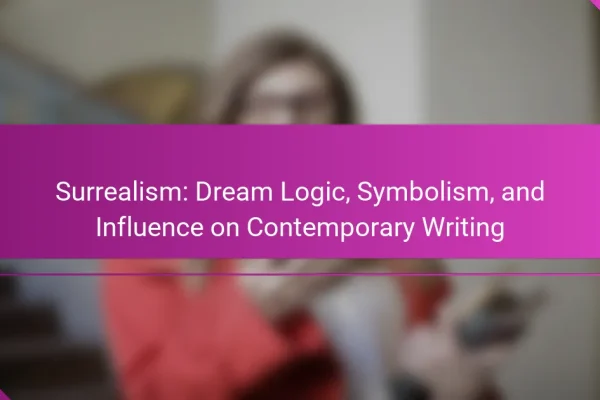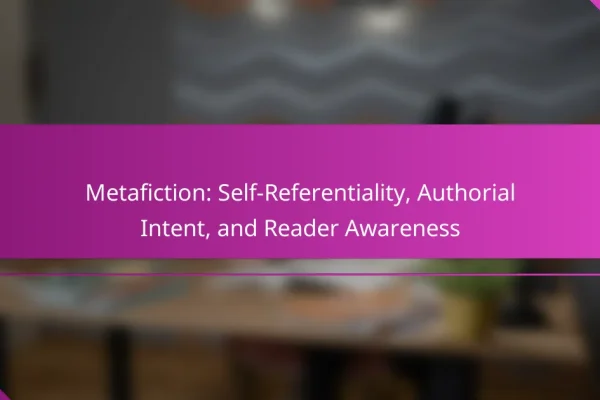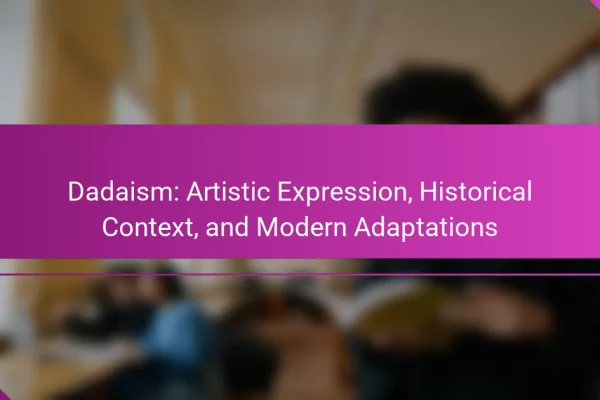
Dadaism: Artistic Expression, Historical Context, and Modern Adaptations
Dadaism revolutionizes artistic expression by challenging conventional norms and embracing absurdity. This article explores its historical context, key figures like Marcel Duchamp, and its influence on modern art movements. It also examines the diverse cultural perceptions of Dadaism and its lasting impact on society. What are the key principles of Dadaism? Dadaism challenges conventional artistic…
